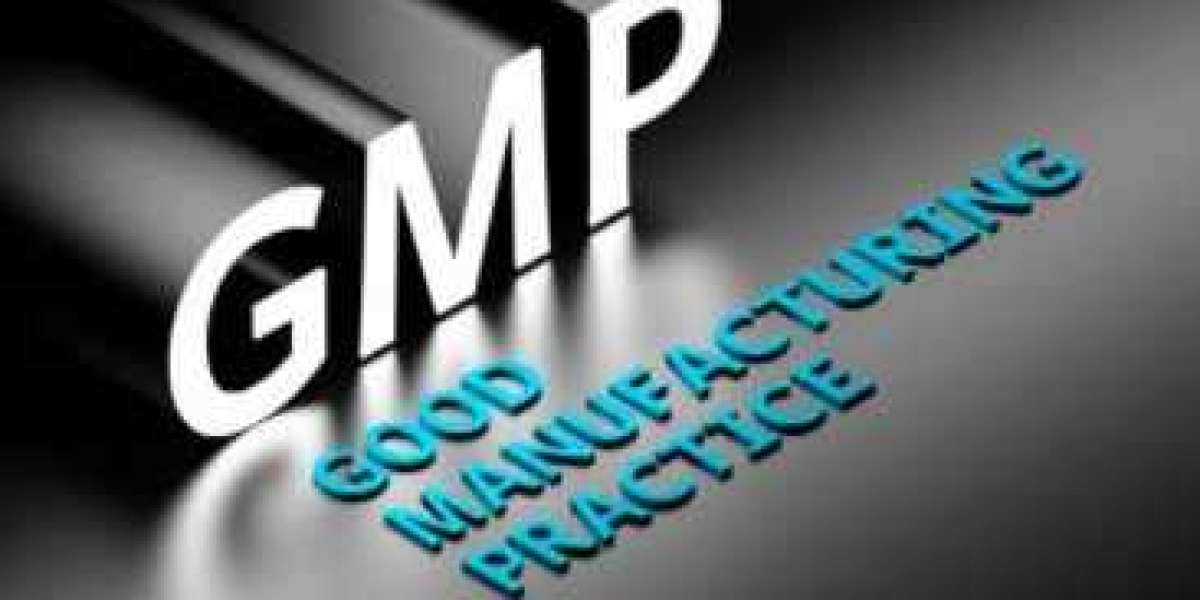In today's global marketplace, consumers are becoming increasingly aware and concerned about the quality and safety of the products they purchase. Whether it's pharmaceuticals, food and beverages, cosmetics, or dietary supplements, consumers expect products to meet stringent standards to ensure their safety and efficacy. This is where Good Manufacturing Practice (GMP) certification plays a vital role.
GMP certification is a quality assurance process that ensures products are consistently produced and controlled according to quality standards appropriate to their intended use and as required by regulatory agencies. These standards are designed to minimize the risks involved in any pharmaceutical, food, or cosmetic production that cannot be eliminated through testing the final product.
One of the primary objectives of GMP certification is to ensure that products are manufactured in a clean and controlled environment. This includes maintaining proper sanitation, hygiene, and environmental conditions throughout the production process. By adhering to strict cleanliness and sanitation protocols, manufacturers can prevent contamination and ensure the safety of their products.
Another crucial aspect of GMP certification is the implementation of robust quality control measures. This involves thorough testing of raw materials, in-process samples, and finished products to verify their identity, purity, strength, and composition. By conducting rigorous quality control tests, manufacturers can detect any deviations from established specifications and take corrective actions to maintain product quality.
Furthermore, GMP certification requires manufacturers to establish and document procedures for every aspect of the production process, including equipment maintenance, employee training, and record-keeping. These procedures ensure consistency and traceability, allowing manufacturers to identify and address any issues that may arise during production.
Obtaining GMP certification is not only a regulatory requirement but also a demonstration of a manufacturer's commitment to producing high-quality and safe products. It enhances the credibility and reputation of the manufacturer, instilling confidence in consumers and regulatory agencies alike.
Moreover, GMP certification is often a prerequisite for market access, especially in highly regulated industries such as pharmaceuticals and medical devices. Many countries require GMP certification as a condition for importing or selling products within their borders. Therefore, achieving GMP certification can open up new markets and opportunities for manufacturers, facilitating international trade and expansion.
In conclusion, GMP certification is essential for ensuring the quality, safety, and efficacy of products in various industries. By adhering to GMP standards, manufacturers can minimize risks, maintain consistency, and meet regulatory requirements, ultimately benefiting both consumers and businesses. Investing in GMP certification is not just a legal obligation but also a strategic decision that can enhance competitiveness and drive business growth in today's competitive marketplace.








